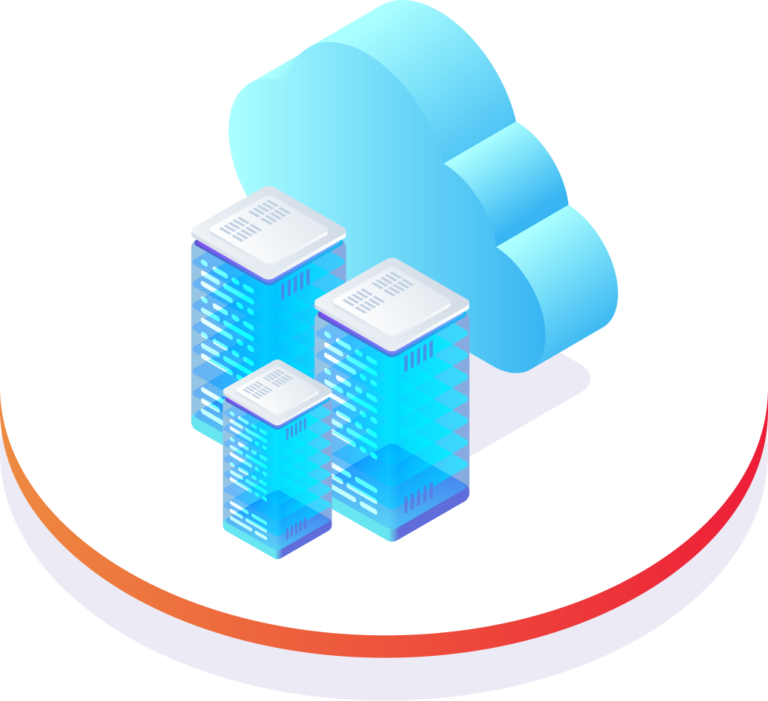Should you move your databases to the cloud?
This is a question plenty or organisations are asking, and one we come across fairly often. And it’s a timely question. 90% of businesses now use cloud services in some capacity, with many opting for multi-cloud approaches.
Why?
Cost is undoubtedly a factor, for a start. These days it typically works out cheaper for the most part to run a database in the cloud vs the traditional on-prem solution.
Scalability is an attractive proposition too. In the cloud, you can scale your estate up and down according to need – rather than forecasting your requirements for the next 3-5 years during a hardware refresh.
And there are no shortages of options available to businesses when it comes to the cloud. For example, Database as a Service (DBaaS), Infrastructure as a Service (IaaS) and Platform as a Service (PaaS) offerings are all genuine options – and they’re just a few.
However, deciding whether to make that migration to the cloud can be a challenge. When exactly is the right time to move your databases to the cloud?
Hardware refresh
In our experience, a hardware refresh is the ideal time to move your databases to the cloud. This is because it’s the time that’s likely to cause the least disruption.
You’ll likely be conducting a hardware refresh for at least one of the following reasons:
- Existing hardware has gone through a natural depreciation over time and needs to be replaced with something more modern.
- A database or application is being upgraded and the existing hardware is no longer compatible with the upgraded version.
- Software or hardware has fallen into extended support and moving to a more modern version with a longer life-cycle would provide better value for money and longevity.
Because you’re assessing your database options, having exhausted your current setup, it’s a great time to include cloud in the conversation.
It doesn’t necessarily need to be an all-or-nothing approach. You could do a full migration, but a hybrid cloud solution with on-premise production systems and a back-up / DR in the cloud is a popular option for many making that transition.
Whichever option you choose, Xynomix can deliver your business with cloud solutions across all platforms.
Reducing the complexity of a cloud migration
If you are considering a move to the cloud, it’s best to start these conversations early in order to ensure that your business is sufficiently prepared.
Even if your hardware refresh is over a year away, speak to database experts (like Xynomix!) in order to get a handle on the benefits, risks, and provisional costs involved with the migration.
Possessing this knowledge in advance of your hardware refresh will enable you to make a more informed decision, based on the needs of the business.
It also allows your database managed service & support partner to communicate with your application vendor in order to reduce the complexity involved and plan for any potential challenges.
Is moving your databases to the cloud a secure option?
Worried about the security implications of moving your databases to the cloud?
In cloud’s infancy, this was perhaps a reasonable concern. However, a cloud migration done properly can actually increase your business’s security. In fact, a study conducted by Microsoft on cloud computing found that 94% of SMBs reported additional security benefits following a move to the cloud.
This is largely down to additional layers of security being put in place, including access controls and multi-factor authentication.
Conclusion
The decision on when to move your databases to the cloud will largely depend on when your next hardware refresh is.
It also requires that you have cloud experts working within your business – either internally or as part of an outsourced managed service. Any database migration is a significant project, but moving to the cloud requires a specific expertise that not every organisation possesses.
If you’re considering moving your databases to the cloud, and wish to discuss the logistics, get in touch with a Xynomix cloud technician on 0345 222 9600 or via [email protected].








